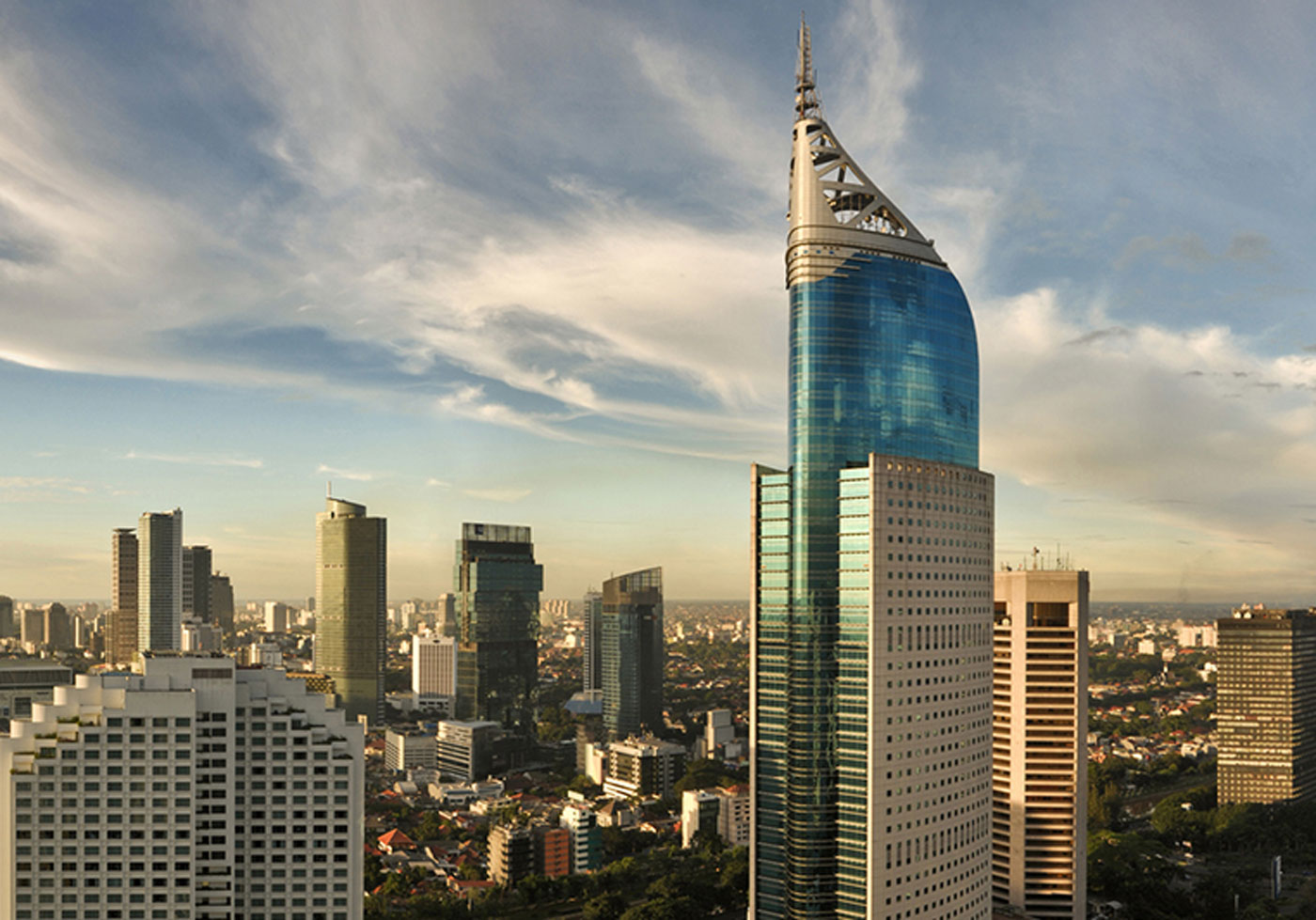Why Sustainability Initiatives Are Good for The Planet – and for your Business
The good news is that progress is being made. Data Center Knowledge reports that between 2010 and 2018, the volume of data center computing more than quintupled, but the amount of energy consumed by these facilities only rose 6%. While that’s encouraging news, much more needs to be done if we – both providers and consumers of global data transmission – are to do our part toward reaching net zero.
What is “net zero”?
Net zero refers to a state in which the greenhouse gasses (carbon dioxide emissions) going into the atmosphere are balanced by the removal of emissions from the atmosphere.
Underlying the urgency of achieving net zero is global warming. According to the United Nations Net Zero Coalition, “in order to avert the worst impacts of climate change and preserve a livable planet, global temperature increase needs to be limited to 1.5°C above pre-industrial levels.”
In order to achieve that goal, the world needs to reach net-zero carbon emissions by 2050. Many companies have already accepted the challenge and taken their commitments a step further, vowing to become carbon neutral even before the 2050 deadline.
Why Prioritizing Sustainability Initiatives Makes Good Business Sense
Sustainability initiatives have seen a recent surge in popularity among companies looking to foster innovation and gain loyalty with investors, employees, and the general public. On the flip side, businesses have also realized that climate change issues not only threaten the environment but can also impact their bottom line in a number of ways. These include potential growth in extreme weather events that could damage physical structures as well as green initiatives – or the lack thereof – that can affect customer loyalties.
Increasing Risk to Corporate Assets
The consequences of climate change now include, among others, intense droughts, water scarcity, expansive fires, rising sea levels, flooding, melting polar ice, catastrophic storms, and declining biodiversity. Some of these severe environmental events are already occurring around the globe, meaning corporations face increasing asset risk due to climate impacts.
A recent study found that “over 90% of the world’s largest companies will have at least one asset highly exposed to the physical impacts of climate change by the 2050s,” according to the report by S&P Global, an index and ratings provider. Another report by CDP, a nonprofit overseeing a global disclosure system on environmental impacts, found that “215 of the biggest global companies report almost $1 trillion at risk from climate impacts, with many likely to hit within the next 5 years,” underscoring the importance of corporate climate change action now.
Consumer Preference for Green Companies
Another factor? Customer preference. Recent studies indicate the growing public interest in understanding companies’ sustainability practices — and a willingness among consumers to reward those that behave in an environmentally-conscious manner with their business.
The Global Sustainability Study 2021, a major 2021 sustainability study of more than 10,000 people across 17 countries, found that “85% of consumers have become ‘greener’ in their purchasing in recent years.” The study also revealed that more than one-third of respondents said they are willing to pay more for sustainable products or services.
Many Businesses Go Green
The importance of sustainability and other ESG issues has not fallen on deaf ears in the corporate world. (ESG refers to Environmental, Social and Governance efforts that many companies combine in reporting to the public and their customers regarding their efforts to improve society).
According to a 2020 ESG survey by NAVEX Global, 88% of publicly traded companies have ESG initiatives in place followed by 79% of venture and private equity-backed companies and 67% of privately-owned companies, according to respondents. The survey included responses from 1,250 management and senior level executives in the US, UK, France, and Germany — all of whom work at companies with 500 or more employees.
And in a recent Google survey looking at the IT sector, IT leaders were increasingly interested in sustainability issues; 90% of respondents said sustainability is a priority and/or a performance metric for their IT departments. Another 67% have already put sustainability targets in place.
What is BDx doing to Advance Sustainability Issues?
The answer is plenty. On the sustainability front, BDx’s NKG1 data center facility in Nanjing, China, touts state-of-the-art stable and secure computing power along with high-efficiency cooling technology and modern security features. Completed in 2021, the NKG1 data center received several industry accolades for its advanced design, including the receipt of W. Media’s 2022 Asia Pacific Cloud & Datacenter Award for sustainable design and build project. The facility was also named Yangtze River Delta Region’s Model Data Center for New Digital Infrastructure by the CCIA and IDC Circle Committee in 2021 and is the first data center in Nanjing to earn Uptime Institute’s Tier III Certification of Design Documents. The awards reflect BDx’s emphasis on sustainable, environmentally responsible and modern data center design.
Another major example of BDx’s sustainability focus is the company’s launch of its updated 360°View in early 2022. The groundbreaking data center agnostic platform delivers sustainability tracking, hybrid environment monitoring and other services. While BDx customers have used the cloud-native platform for the past three years to gather power and environmental-related analytics from data centers across Asia, the new iteration is available as a free download to all users across multiple verticals, including non-BDx customers. By doing so, the company is leading the market by enabling enterprises and businesses to manage their power efficiency and carbon footprints from anywhere in the world while helping them reach their sustainability goals. This service includes providing the carbon-related math for any building, data center, power utility, or sustainable forestry programs that connect to 360°View.
Also in 2022, BDx CEO Mayank Srivastava led efforts to create academia and industry collaborations to focus on new innovations in sustainability design. The first collaboration, now under way, has resulted in BDx and the National University of Singapore (NUS) forming a research partnership to build Digital Twins. In addition to the NUS collaboration, Srivastava has another academic alliance in the works involving BDx and a premier engineering institute to build a new airflow management model. This model will help the industry move toward continuous thermal management instead of the current on-demand approach.
All of these projects represent BDx’s focus on innovation and sustainability, which the company has made an ongoing priority as it delivers premier data center operations across the APAC region.

